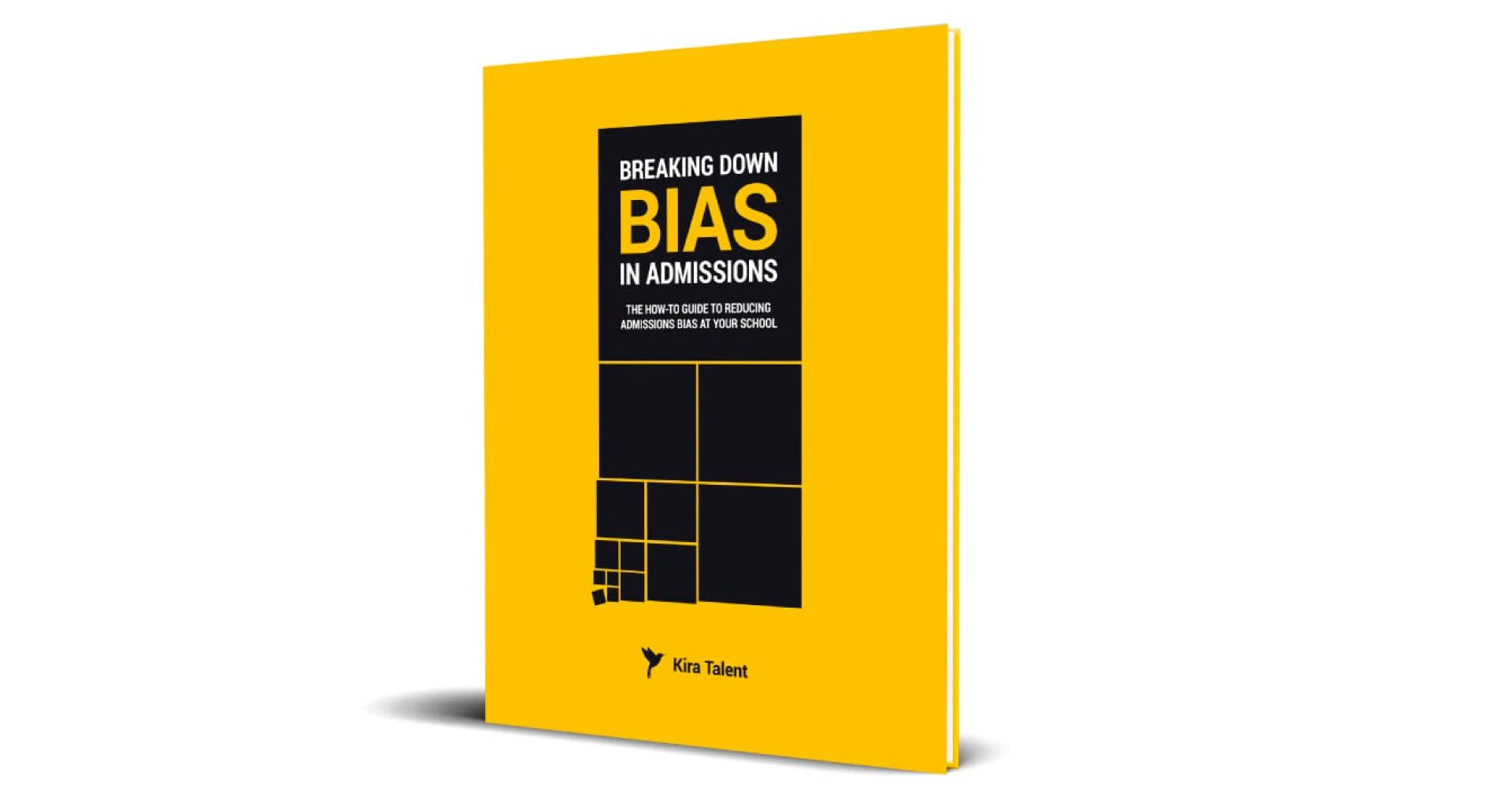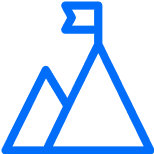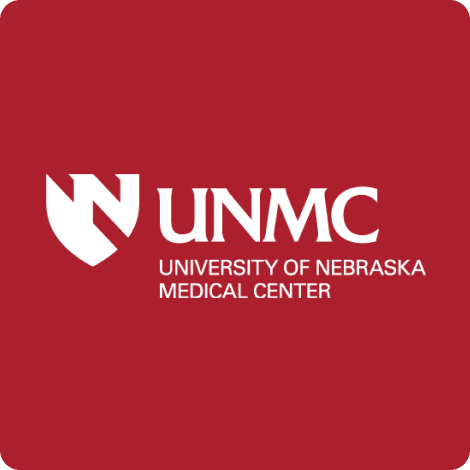Founded in 1941, Eastern Michigan University’s (EMU) Occupational Therapy (OT) program has a long-standing tradition of excellence. With consistently high pass rates on the National Board for Certification in Occupational Therapy (NBCOT) examination — averaging over 99% across the past five years — and a strong history of successful alumni, the program showcases all the right numbers.
But for EMU’s OT program, excellence goes beyond the metrics.
“Our students most often comment on the sense of community within our program,” shared Sharon Holt, Full Time Lecturer III who leads the admissions process for the OT Program at Eastern Michigan OT. “We all work forward together.”
The desire to continue fostering that tight-knit atmosphere drove Holt and the EMU OT faculty to transition to a holistic admission process in 2018. By reducing the focus on metrics and considering applicant experiences and attributes, EMU OT's new process gives them a comprehensive view of their applicants, and their assessment in Kira Talent allows them to dive deeper into applicants' attributes.
Being proactive about diversity
As the first Occupational Therapy program in the United States to partner with Kira, EMU redefined convenience and accessibility for OT admissions.
“Using Kira allowed us to eliminate some barriers for applicants, such as travelling for an in-person interview," Holt shared. "It also fit into our consideration of attributes and helped us gain a better understanding of the different strengths the person might bring to our program.”
After all, having an equitable admissions process is only one part of increasing diversity in your program. By making the admissions process more accessible, Eastern Michigan OT is able to create a more fair application process for all applicants.
“We can do a lot to ensure that we’re levelling the playing field for diverse applicants in the admissions process,” Holt explained. “Kira is part of our efforts to be proactive about how we’re reviewing a diverse field of applicants.”
Eliminating bias without losing insights
Prior to Kira, Eastern Michigan OT conducted on-campus interviews where applicants would sit down with two members of the faculty. Stretching across several weeks, the process was a strain on EMU’s faculty and admissions team. But for Holt and the OT Faculty, the bigger concern was the vulnerability of the interviews to admissions bias.
“It’s extremely difficult to guard against implicit biases within that kind of interview format,” she explained. "From the outfit a candidate chose to wear to how the reviewer posed the question, many factors could have impacted an applicant's response as well as how a question was scored."
In order to reduce the impact on their admissions process, Eastern Michigan OT took the interviewing component out of their admissions process.
“We quickly realized that, while we were mitigating bias, we were losing important insights into our applicants in the process,” Holt shared.
“By moving our interviews to Kira, we found a way that we could regain those insights, mitigate bias, and get our whole faculty involved in the admissions process.”
“With in-person interviews, there was no way to know if something had impacted the scores,” Holt continued. “With Kira, we can easily bring in another reviewer and get a second opinion.”
Learn more about the nine most common forms of bias and how Kira helps mitigate them
Identifying the right applicants for your classroom
“We are a growth mindset program,” shared Holt. “We certainly don’t expect candidates to come in knowing everything. Everybody has the ability to grow and learn. But once in a while, you have an applicant where you know that this just isn’t the right program for them.”
“If we can identify those applicants at the beginning of the process, we save both the applicant and the university a significant amount of time, money, and effort. That alone more than justifies the cost of Kira.”
Link sharing in Kira makes it easy for the admissions team to share a single response or an entire assessment with a new reviewer. EMU’s Occupational Therapy program uses this feature to give applicants a built-in second chance by sending any low-scoring responses for additional review. If there’s a discrepancy in scores, those get sent out for another opinion as well.
“We want to get as many eyes on each applicant as possible, to make sure that no applicants are getting lost if they receive one bad review,” shared Holt.
“Because the reviewing process is so convenient in Kira, we’re able to be very thorough without it overwhelming their workload.”
Small team? Small budget? No problem!
“We’re a small university and a small program with a limited budget and limited IT support to fall back on,” Holt shared. “We not only had to be smart about how we were spending, we also had to make sure that any processes we added weren’t going to overwhelm our program’s faculty and admissions team.”
Joining forces with some of EMU’s other health sciences programs, including dietetics, orthotics and prosthetics, allowed the admissions teams to share the cost of the platform initially. Seeing the effectiveness of using Kira, the Physician Assistant Program has also joined the platform.
Holistic admissions without the hassle
“Kira has changed our perspective on the admissions process,” shared Holt. “It removes the hassle and headache for our team, it allows an applicant to really have a voice in the process, and it opens the decision up to more than just grades.”
With Kira, EMU’s reviewers spend aproximately four hours per cycle reviewing applicants.
“We tell faculty to reserve around four hours to complete their entire review. Our old process would take multiple days out of their schedules,” Holt explained. “And whether it’s at home or in the office, when they choose to schedule in their reviewing time is completely up to them.”
“Kira makes holistic review possible for our small team.”
“When we first started with Kira, I worked with our faculty to create a general outline of holistic elements and practices that we wanted to incorporate and came to Kira with that list,” Holt shared. “Kira gave us a blueprint, and helped us define what we’re looking for, and create questions to identify those competencies.”
Over the following years, Eastern Michigan OT has worked with their dedicated Client Success Manager to continuously tweak, enhance, and strengthen their interview process.
“Every few years we go in and tweak our assessment,” Holt shared. “I’ll reach out to the whole faculty to ask if they feel like we’re getting to the heart of what it is we want to bring into the program. Do we need a change of competency? Do we need to change the rubric definitions? Do we need to change anything else?”
“Having a point person at Kira means that we have a direct line to someone whenever we have questions or issues,” she added. “At the end of the day, nobody wants more work added to their plate, and Kira ensures we don’t ever have to worry about that.”
Discover what other schools thought of their experience with Kira Talent
“I love our process,” she continued. “We’re able to get a full picture of our applicants with more efficiency and more ease than ever before, helping us more confidently build our OT classes.”






